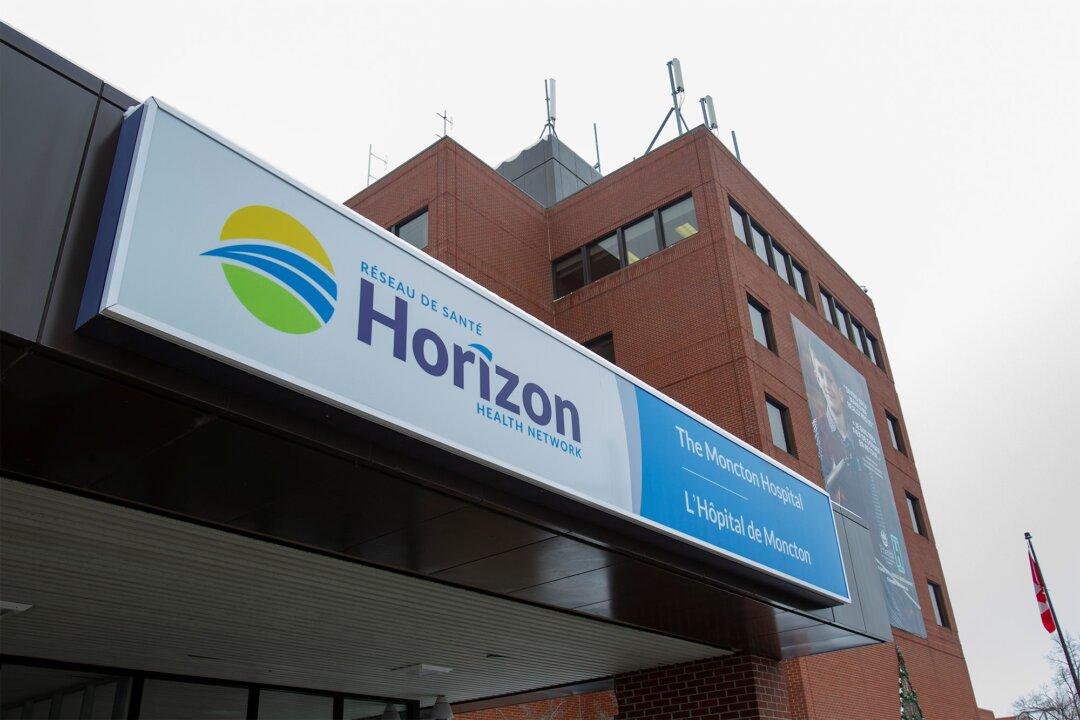There is no evidence to support claims of a mystery brain disease in New Brunswick, says a new study that suggests the media may have played a role in feeding patients’ fears.
Published Wednesday in the journal JAMA Neurology, the study reviewed the cases of 25 patients evaluated at two hospitals in New Brunswick and Ontario and found their symptoms could be traced back to several known neurodegenerative and non-neurodegenerative conditions.





